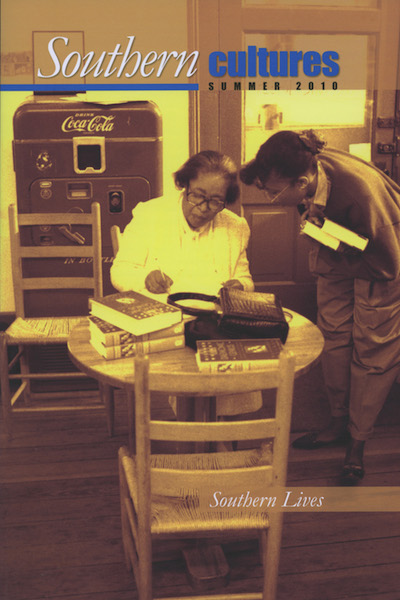“‘In America they get away from race by saying ‘minority.’ But who the hell’s the best minority in the world? The hero! You know what I’m saying? That’s always a minority.'”
It’s a short walk from the 125th Street subway station to the Harlem home of Albert Murray, Stanley Crouch’s literary father and the man whom Henry Louis Gates Jr. dubbed the “King of Cats” in the New Yorker a few years ago. Murray, a student with Ralph Ellison at Tuskegee in the 1930s and later Ellison’s sparring partner for decades (their long-running cultural dialogue was published in 2000 as Trading Twelves: The Selected Letters of Ralph Ellison and Albert Murray), began publishing novels after he retired from the Air Force in 1962. He may be best known for his trilogy Train Whistle Guitar (1974), The Spyglass Tree (1991), and The Seven League Boots (1996), but his critical writings include South to a Very Old Place (1972) and From the Briarpatch File: On Context, Procedure and American Identity (2001), as well as countless articles. I was calling on him in my research for a documentary on the Federal Writers’ Project, and his early friendship with Ellison.


